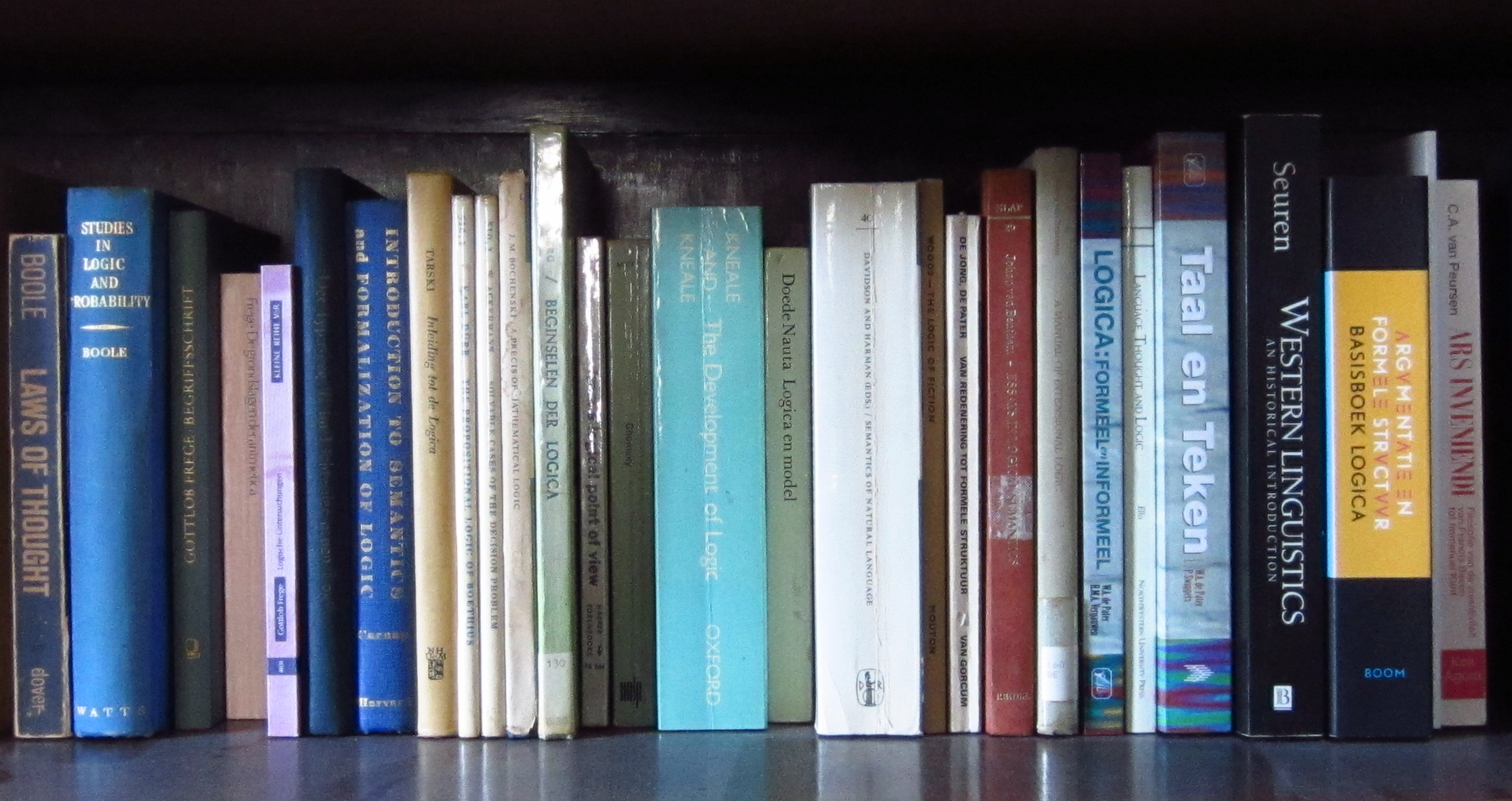I’ve been teaching epistemology this semester, and we’ve recently been talking about permissivism. The setup is this: Let E be the total evidence, and let P be some claim. One might believe P, believe not-P, or suspend judgement; call these doxastic attitudes towards P.
With that formalism in place, we can define Uniqueness: Given E, there is exactly one doxastic attitude that one may rationally adopt toward P.
In the article I’d assigned for class, Permissivism is defined as the negation of Uniqueness. The idea is that there are at least some situations in which, given E, one might rationally adopt different doxastic attitudes.1 For example, it might be rational to find the evidence convincing (and believe P) but also rational to be unconvinced (and suspend judgement).
Students found the readings less than clear, and I was trying to concisely formulate the opposition on the whiteboard. I stopped mid-sentence when I realized that I couldn’t just define Permissivism as the negation of Uniqueness. There’s a third possibility!
Call this Nihilism: Given E, there is no rationally permitted doxastic attitude that one may adopt.
I don’t know of an epistemologist who explicitly formulates Nihilism, nonetheless one who advocates it. I have a perverse impulse to write something arguing for it, just because it is a logically possible position, but that way lies madness.2

- Uniqueness is posed in universal quantifiers, i.e. for all E and all P. Permissivism, by quantifier negation, is a claim about some E and some P.
- Update 25apr: I’ve since run across an article by Elizabeth Jackson & Margaret Greta Turnbull who, following Feldman, define Uniqueness as “the thesis that there is at most one rational doxastic attitude toward a proposition.” Thus it includes Nihilism.

Some versions of Pyrrhonian skepticism might be nihilistic, assuming that you think rationality is suspended along with everything else when you suspend judgment. Basically the idea is you must give up on the project of linking reason to belief formation given equipollence, which is why it is not just Uniqueness where you always choose suspend.
Dave: Nice point. A nihilist might recommend suspending judgement without holding that rationality underwrites the recommendation.